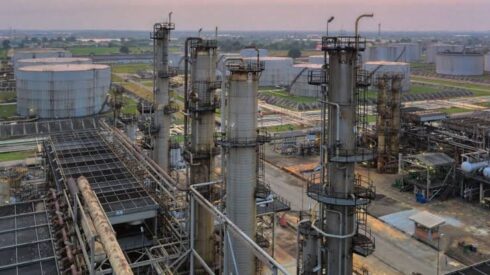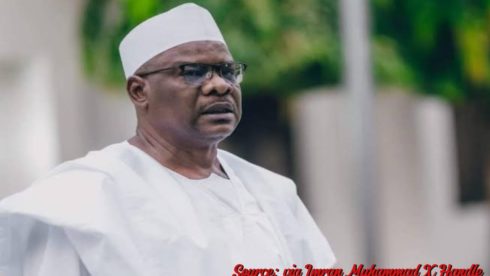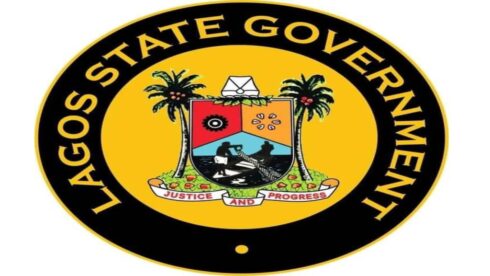Former Vice President, Atiku Abubakar, has voiced strong criticism of the 2025 budget proposal recently submitted by the federal government. In a statement issued on Monday, Atiku Abubakar described the budget as inadequate to address the pressing economic challenges confronting the nation. He highlighted critical issues such as rising inflation, escalating unemployment, and shrinking foreign exchange reserves, emphasizing that the proposed fiscal plan falls short of providing tangible solutions to these problems.
Atiku Abubakar argued that the budget’s allocations lack the depth needed to stimulate economic growth and ensure sustainable development. He particularly criticized the government’s failure to prioritize key sectors like agriculture, education, and healthcare, which he identified as pivotal to Nigeria’s long-term progress. The former vice president called for a more strategic approach, stressing that only a well-rounded fiscal policy can effectively tackle the nation’s economic woes and set the stage for a prosperous future.
Economic Experts Echo Atiku Abubakar’s Concerns
Economists and financial analysts have echoed Atiku Abubakar’s apprehensions, warning that the 2025 budget could exacerbate Nigeria’s economic vulnerabilities. Experts argue that the budget’s projected revenue is overly optimistic given the country’s persistent fiscal deficits and heavy reliance on crude oil exports.
Furthermore, analysts have pointed out that the proposed expenditure plan neglects to address critical issues such as industrial diversification and infrastructural development. Without a clear roadmap for tackling these challenges, they caution, the nation risks stagnating in its quest for economic transformation.
Revenue Generation: The Achilles’ Heel
A significant concern raised by Atiku is the government’s inability to diversify its revenue streams effectively. Nigeria continues to rely heavily on crude oil, which constitutes over 80% of its foreign exchange earnings. The volatility of global oil markets has left the nation vulnerable to economic shocks, further deepening fiscal imbalances.
Atiku Abubakar has called for a comprehensive overhaul of Nigeria’s revenue generation strategy, advocating for investments in non-oil sectors such as technology, agriculture, and manufacturing. He stressed that without proactive measures, the country’s dependency on oil revenues would remain a significant impediment to economic stability.
Social Services Underfunded in Budget Allocation
Another critical issue highlighted by Atiku is the inadequate allocation of funds to essential social services. The 2025 budget earmarks only a fraction of the resources needed to improve healthcare, education, and social welfare programs, leaving millions of Nigerians vulnerable.
Education and healthcare, often described as the backbone of national development, remain underfunded despite their pivotal role in poverty alleviation and human capital development. Atiku warned that neglecting these sectors would hinder Nigeria’s ability to compete globally and further deepen social inequalities.
Public Debt: A Looming Crisis
The rising public debt is another issue that Atiku Abubakar believes the 2025 budget fails to address adequately. Nigeria’s debt profile has grown significantly in recent years, with debt servicing now consuming a large portion of government revenue. This leaves little room for capital investments or development projects.
Atiku Abubakar criticized the government’s borrowing strategy, stating that it lacks transparency and foresight. He advocated for more prudent debt management practices and the adoption of policies that prioritize revenue growth over external borrowing.
Call for Inclusive Policy Formulation
Atiku Abubakar concluded his critique by urging the federal government to adopt a more inclusive approach to budget formulation. He emphasized the importance of engaging stakeholders, including opposition leaders, economic experts, and civil society groups, to ensure the budget aligns with national priorities.
He also called on citizens to hold the government accountable, stressing that fiscal transparency and public participation are essential for economic reform. Atiku Abubakar’s remarks have sparked widespread debate, with many Nigerians echoing his call for a more robust and inclusive economic plan for 2025.
Table of Contents
Discover more from OGM News NG
Subscribe to get the latest posts sent to your email.













